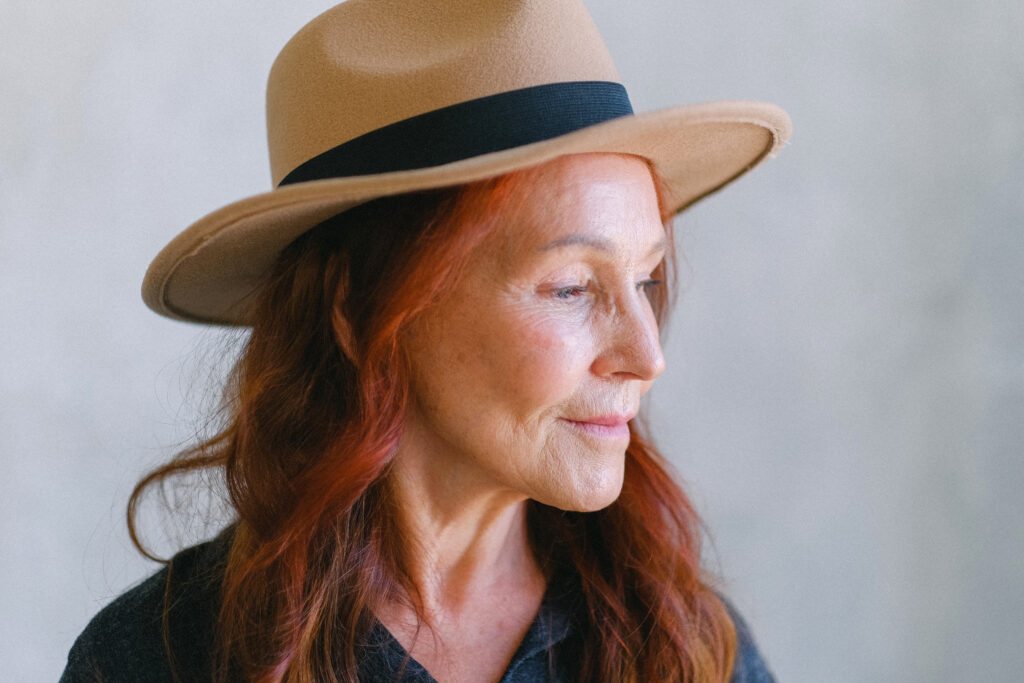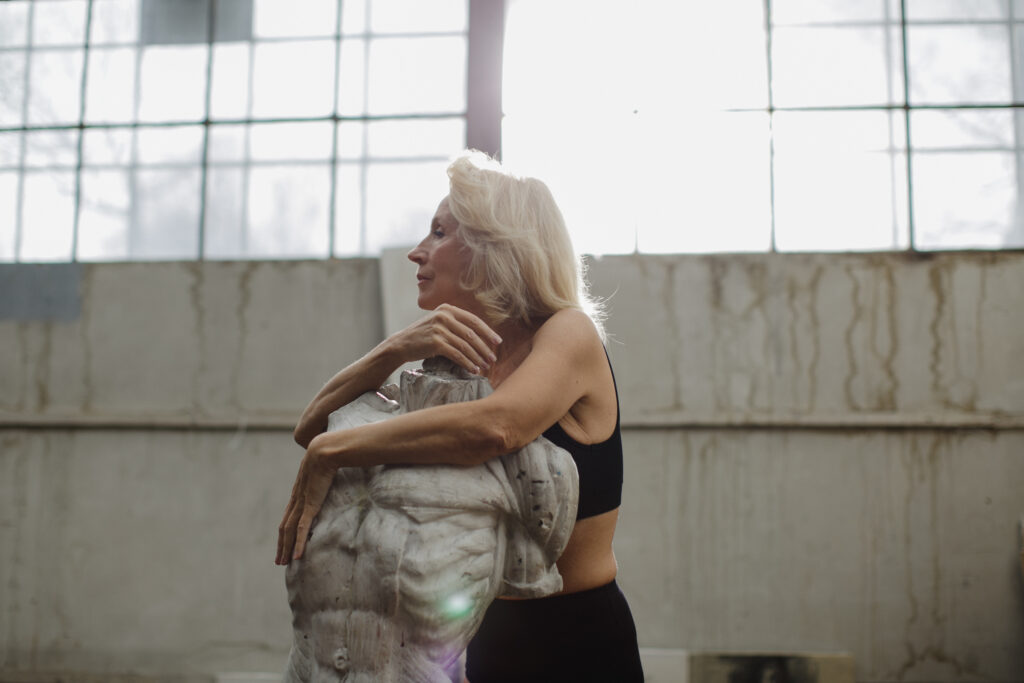If you think about it, menopause is a normal thing. All women go through it in their lives, yet everyone still dreads it. Not that we’re judging, anyway – if it were us, we would feel the same. After all, menopause sends your whole body into a series of unprecedented changes.
With menopause, some may experience severe mood swings, hair loss, hot flashes, and the comeback of their teenage nightmares: acne.
What really happens during this period, and why does your skin change?

Menopausal Skin 101: The Ultimate Crash Course
When you reach your menopausal stage (or your 50s), your skin has gone through a lot. All those sun exposure and pollution have done a number on your skin barrier. Factor in the hormones going on a rollercoaster ride, and the zit bonanza is back in business. Here’s how it all breaks down: first, oestrogen levels from your ovaries dramatically decrease. Meanwhile, your androgen and testosterone levels stay the same. This imbalance causes dryness in the skin (and basically in your whole body). Aside from that, it also leads to excess oil production, which all goes into our pores and causes acne.
But here’s some more bad news: acne is not the only thing you’ll face. Since oestrogen boosts collagen production, you will also notice more wrinkles and fine lines when their levels falter. And with all the dryness we mentioned earlier, your skin will become thinner as your natural barrier becomes compromised. This also puts you more at risk of age spots and cellular damage caused by the sun’s UV rays.
Read more: 5 things to know about body contouring after weight loss

How to Combat These Changes
Use acne-fighting ingredients.
If you see more acne than usual, it’s time to pull out the big guns of skincare. Use salicylic acid, sulphur, or benzoyl peroxide. These three ingredients quickly dry out acne and remove excess oil in your pores. Activated charcoal and kaolin clay also work, so you can opt for face masks with these. They target clogged pores and lift away debris to prevent breakouts.
Ask a doctor for prescriptions.
You can always ask your doctor if the skincare ingredients we mentioned still won’t do the trick. Experts can prescribe medications or treatments that can help with your acne. After all, hormonal acne is the toughest type to treat!
Add collagen boosters to your routine.
Collagen is an essential protein that gives your skin structure and keeps it smooth and firm. But since it tends to decrease as you age and go through menopause, opt for products that can replenish them. These include retinol (it’s also great for acne, by the way!), peptides, hyaluronic acid, and antioxidants.

Protect your skin from the sun.
It is very common during menopause to become more sensitive to the sun. When oestrogen levels drop, your skin becomes more reactive and produces less melanin. This makes you more vulnerable to sun damage, sun spots, and heat rashes. Always wear sunscreen with SPF 30 or higher to protect your skin from the sun and its harmful UV rays.
Amp up your moisturising game.
Remember how menopause makes your skin drier? Swap out your regular moisturisers for something that could retain hydration in your skin for longer. Your best bets would be glycerine and hyaluronic acid. We also recommend bringing a hand cream to keep your hands moisturised wherever, whenever.
Read more: Reasons for hair thinning and how to promote hair growth

